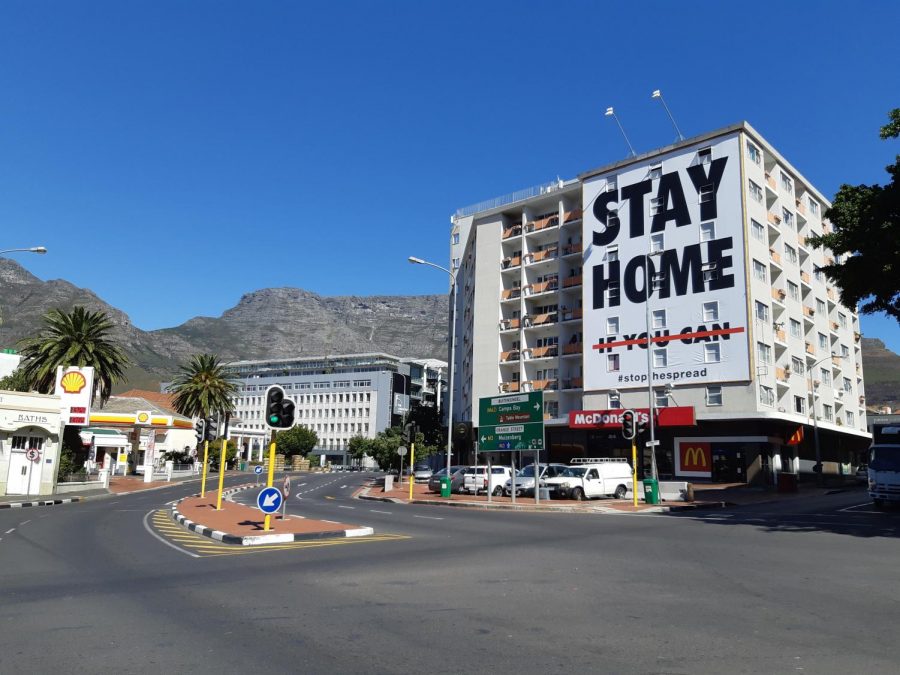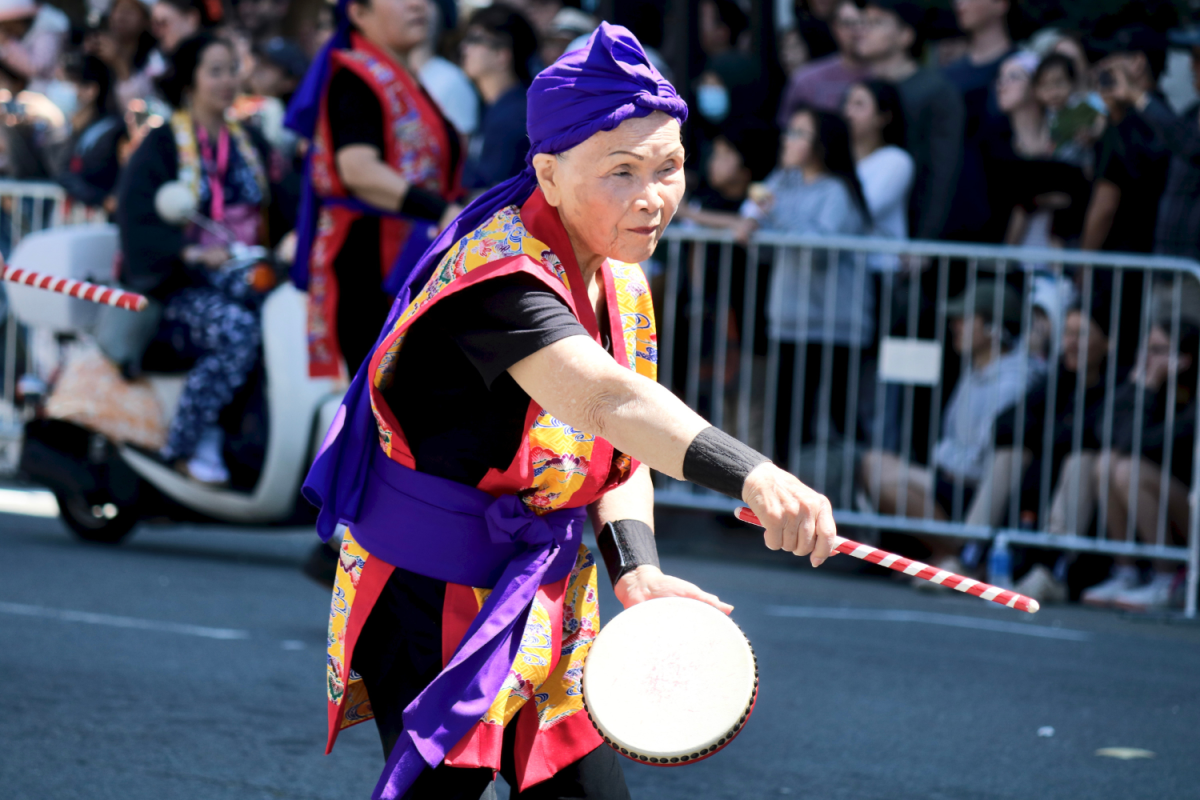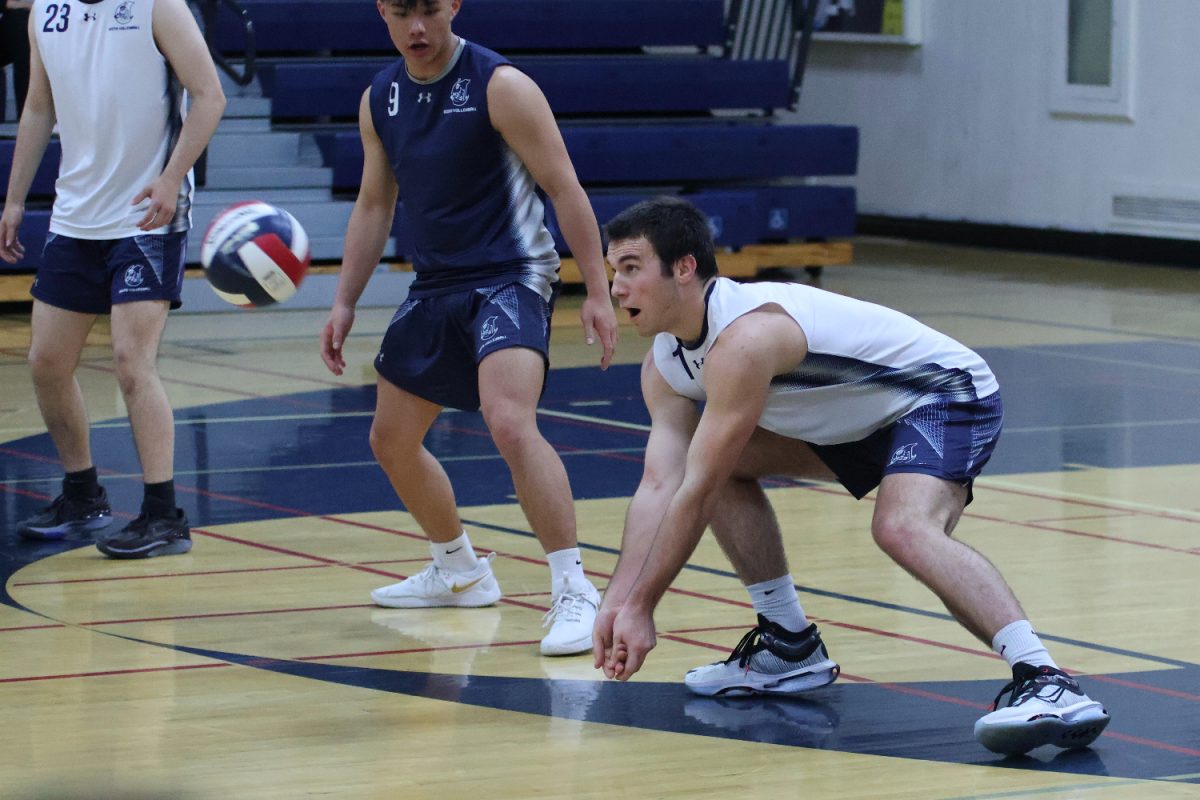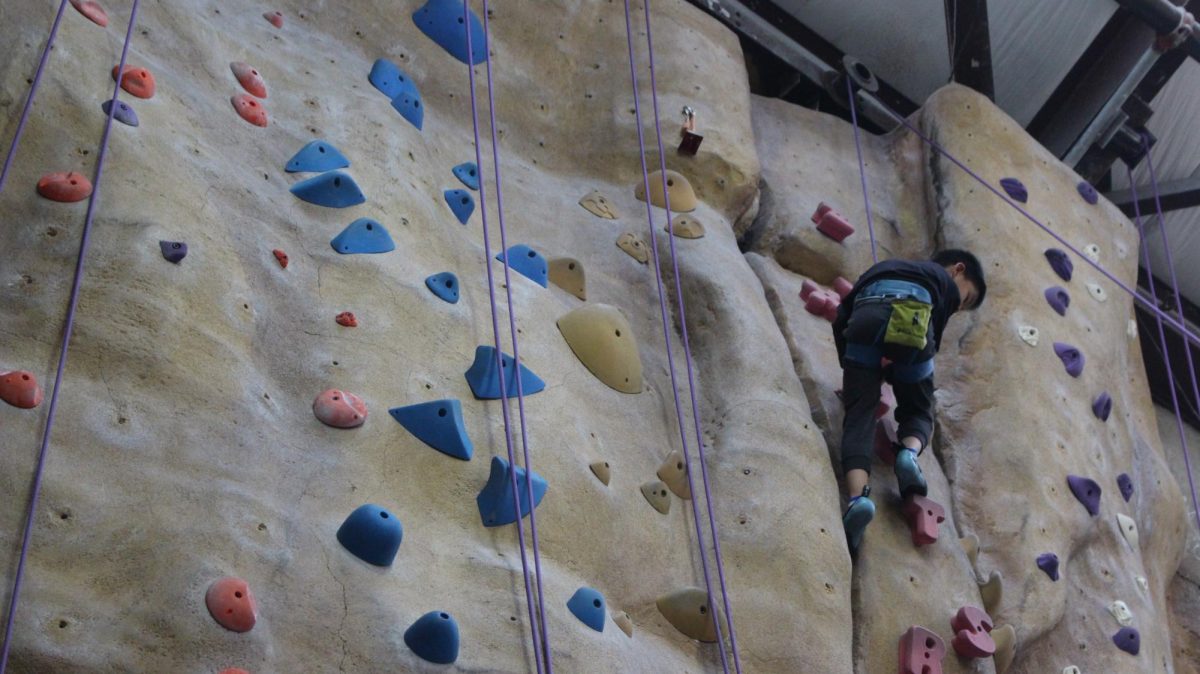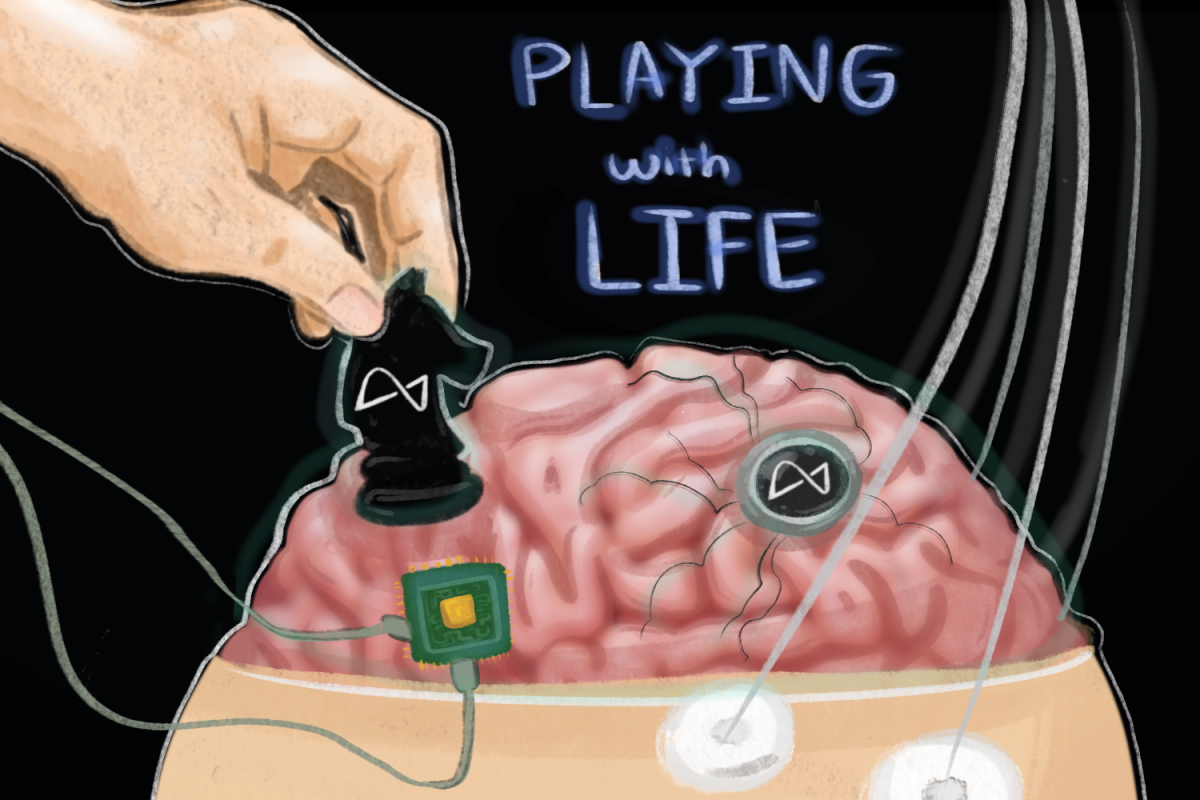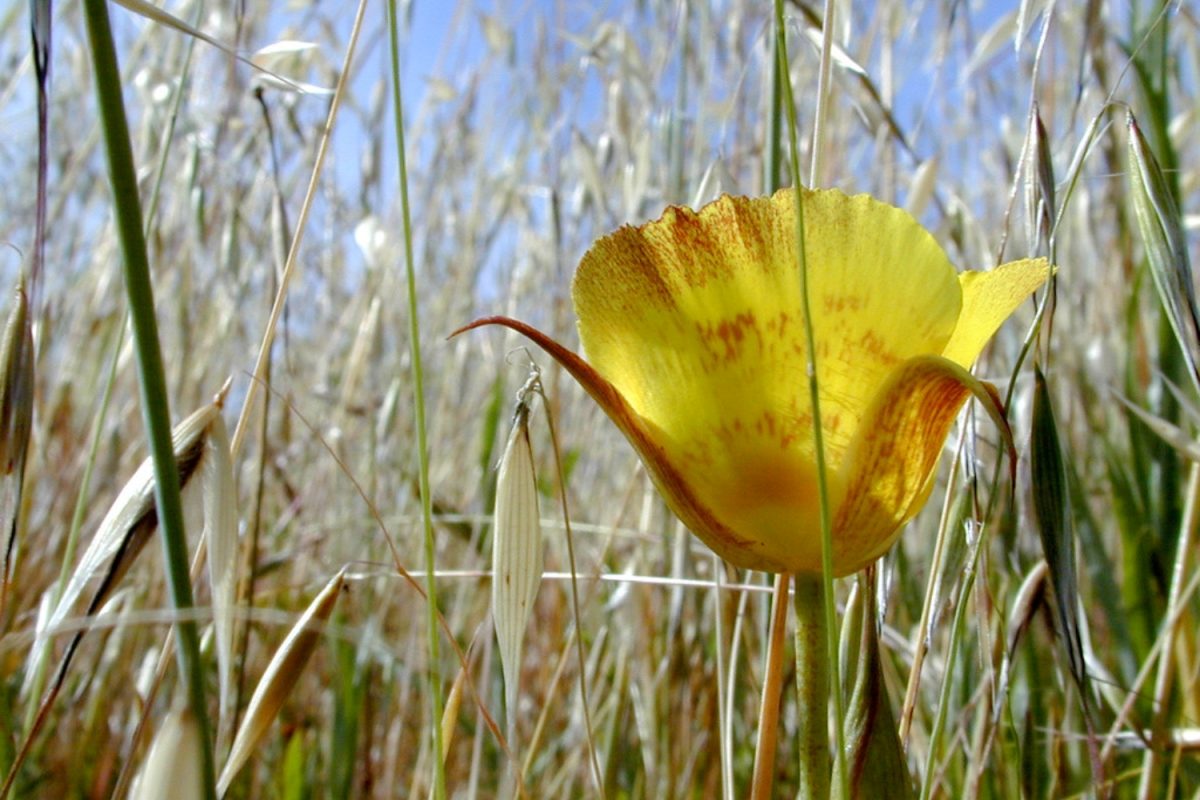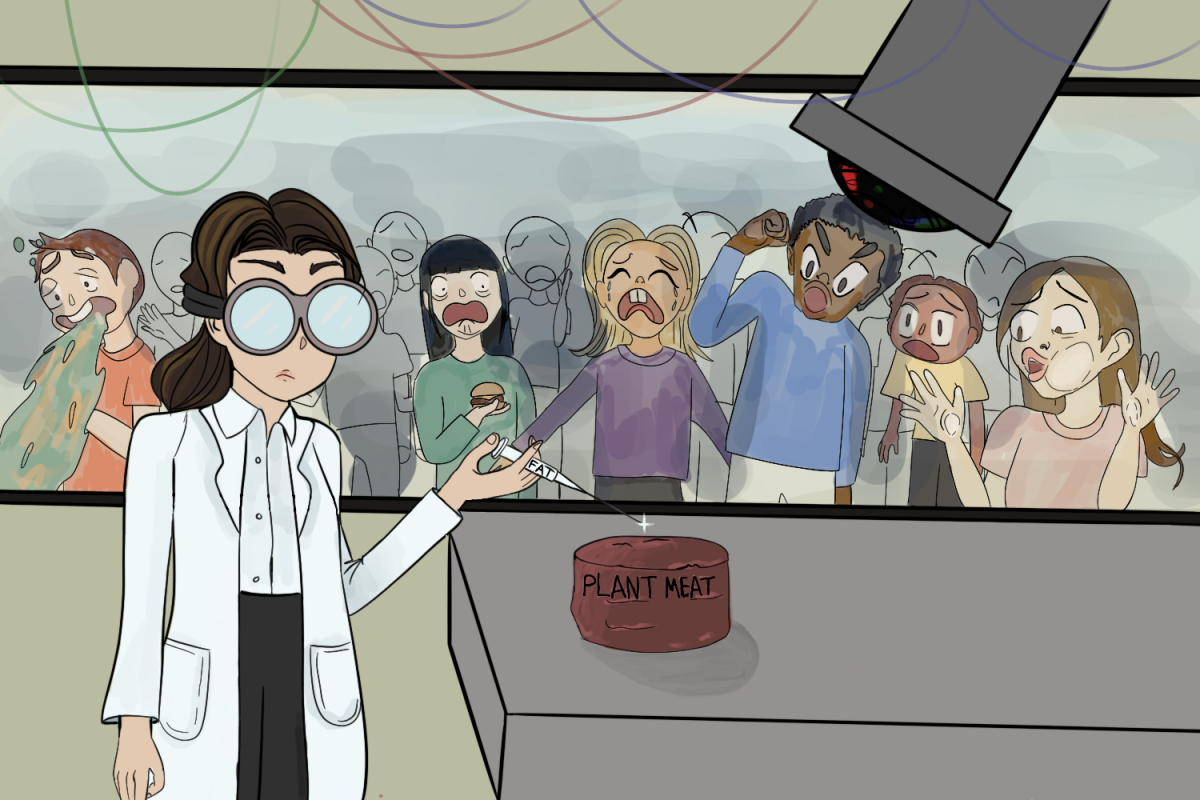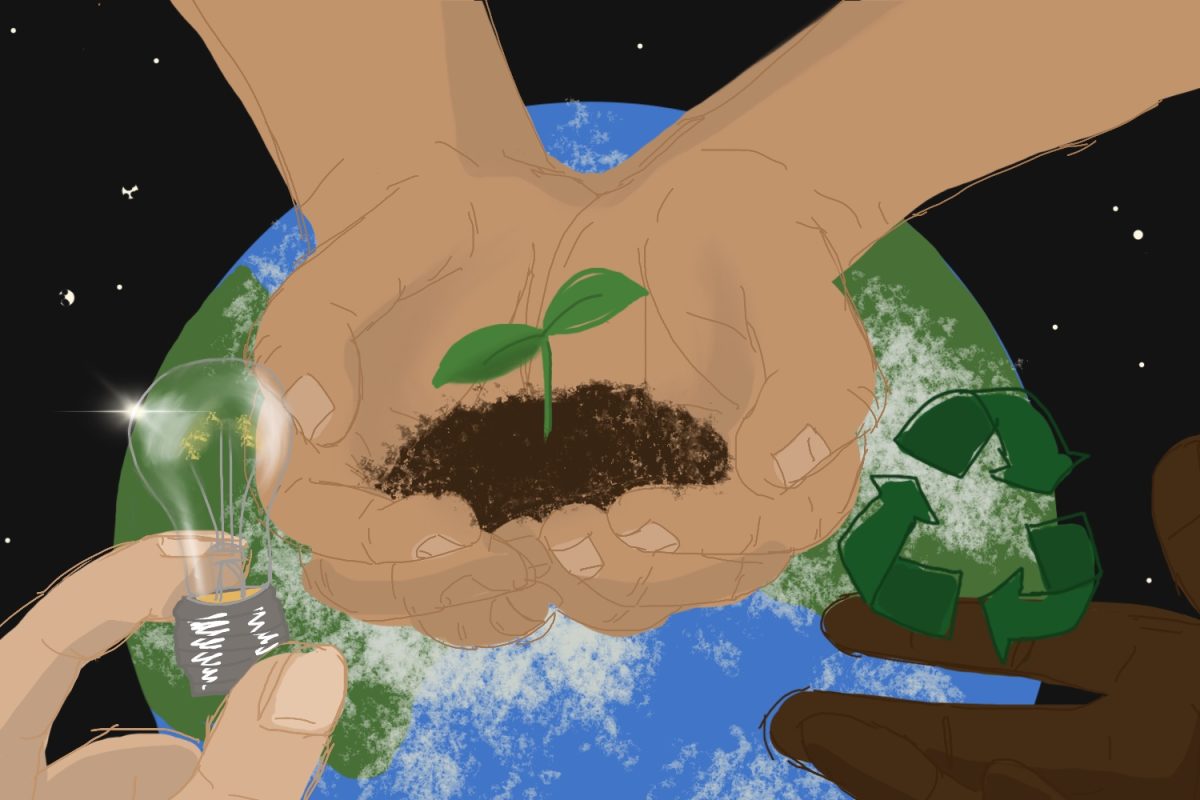While the United States’ handling of the COVID-19 pandemic is varied and inconsistent, South Africa’s is firm. Hoping to avoid a devastating outbreak, it’s lockdown is among the world’s most intense.
In its initial stage, leaving the house for non-essential reasons, like walking a dog or going for a run, was prohibited nationally. Smoking and alcohol sales were banned. With the reopening of some industries, restrictions have eased since the initial shutdown, but it remains strict.
The hope is that if the lockdown is effective enough, the country can reopen without a massive outbreak. While limited testing reduces the accuracy of COVID-19 data, it is easy to see the impact of the lockdown when analyzing confirmed cases.
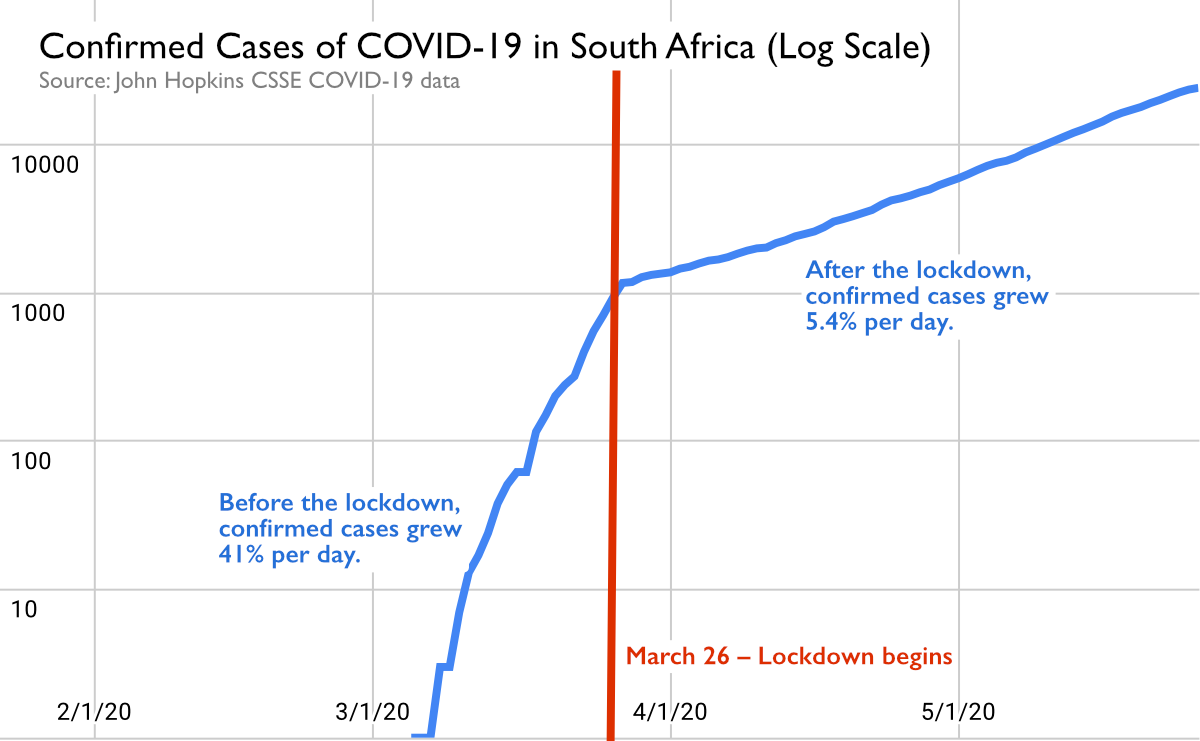
Diseases present in South Africa’s population helped motivate South Africa’s strict lockdown.
“We have comorbid obesity, diabetes, hypertension, tuberculosis, and HIV,” said Helena Thornton, who works at the Valkenberg psychiatric hospital in Cape Town, South Africa. “The good thing is that most [HIV positive] people in this country are on medication, but [some] are not. And that’s a lot of people, so you know a lot of people are going to be very vulnerable.”
Likewise, one in 500 South Africans are diagnosed with tuberculosis every year, and 20.4% of people in South Africa have HIV, of which only 54% are receiving treatment.
On the flip side, these diseases also provide experience, which has helped South Africa quickly establish contact tracing for COVID-19.
In an interview with NPR, virologist Dennis Chopera said, “The test is there. The experience is there. There is no need to train people to start doing this kind of contact tracing.”
However, like in many other countries, the restrictions are not without their problems. They bring isolation and job loss to numerous people.
“My friends miss each other, and we’d like to meet, but we can’t, because if you meet with your friend, maybe she could give you [COVID-19]. You can’t escape, you can’t meet, and some of my friends lost their job because of COVID. It’s stressing, and it’s life-changing,” said Melody Hlamini, a carer in South Africa.
The consequences of the lockdown mean it can not last forever, which puts South Africa in a precarious position.
“There are limits to how long we can afford to do this [lockdown],” Thornton said. “We stopped all the rehab wards, all the therapies. Everything that we could stop, we stopped immediately, so that people could be freed up to be redeployed in quarantine wards. The wards, in the beginning, they worked very well, but now it’s literally every single ward that’s under quarantine. And when that happens, we just stop managing the numbers.”

